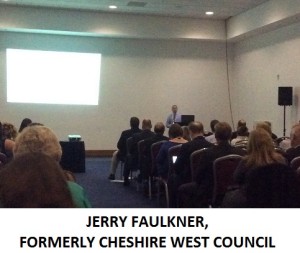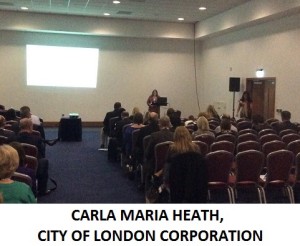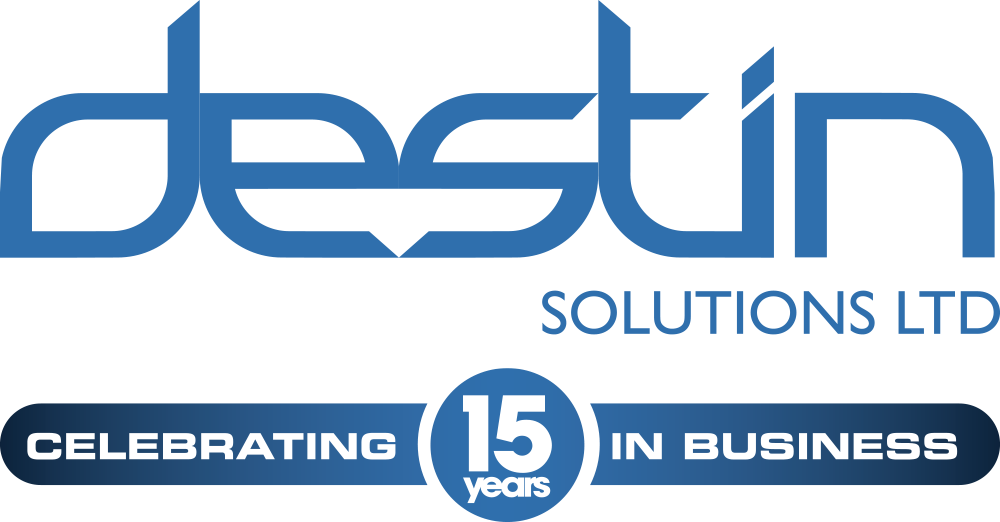 At this year’s IRRV annual conference, there were some interesting discussions around Council Tax, its future and how Councils could use discretion in a proactive way. Jerry Faulkner, a Consultant and former Senior Revenues & Benefits Manager of Cheshire West and Chester Council spoke to us focussing on Section 13 (a) of the Local Government Finance Act of 1992 which focuses on a Billing Authorities power to reduce the amount of Council Tax payable. Jerry points out that this is seen as a threat by most Managers but in actual fact can be an opportunity to empower the Revenues and Benefits teams within Councils and use it for long term positive gain.
At this year’s IRRV annual conference, there were some interesting discussions around Council Tax, its future and how Councils could use discretion in a proactive way. Jerry Faulkner, a Consultant and former Senior Revenues & Benefits Manager of Cheshire West and Chester Council spoke to us focussing on Section 13 (a) of the Local Government Finance Act of 1992 which focuses on a Billing Authorities power to reduce the amount of Council Tax payable. Jerry points out that this is seen as a threat by most Managers but in actual fact can be an opportunity to empower the Revenues and Benefits teams within Councils and use it for long term positive gain.
Using discretion for positive outcomes
It can be used to proactively support real resident outcomes and used alongside mainstream Discretionary Housing Payments, local welfare assistance and other claimant support to get people into a more financially stable position.
When Jerry worked at Cheshire West Council they visited people struggling with the impact of welfare reform. They found that people weren’t living in luxury, they didn’t have excess income or motivation to help themselves, quite often they didn’t get the right benefits and suffered with Council Tax arrears as well. The approach Cheshire West took, was to view every contact as an opportunity and to turn a negative contact into a positive outcome.
They designed and implemented complimentary discretionary and Council Tax reduction schemes (CTRS) and had a genuine commitment to helping the customers help themselves by improving their financial ability to pay via support.
They proactively identified people in crisis looking at arrears and benefits data and used welfare reform and positive use of discretionary payments as an opportunity to engage. Building close links with other Council teams and departments they brought in free school meals, hardship funds, debt advice and personal budgeting support.
Tackling unemployment through regeneration
The Revenues and Benefits team became the leaders in tackling unemployment by focussing on regeneration. The Council met with prospective employers of people on benefits and asked them to guarantee interviews and apportion a certain amount of jobs to them in return for reduced rates. They supported people with writing CV’s, dealing with job interviews, paying for pre-employment courses and identifying the underlying causes of issues.
What they identified is that people did not engage with them initially because of the barrier of owing the Council money, but where the Council helped with discretionary payments people were more likely to engage and be in a better position to pay Council Tax in the longer term.
As Jerry eloquently put it “£1 of Council Tax relief costs the same as £1 of Council Tax written off” and might lead to better outcomes so it is worth taking the time to facilitate that initial engagement.
 Modernising Council Tax
Modernising Council Tax
Carla Maria Heath, Head of Revenues from City of London Corporation, provided her views and observations on Council Tax suggesting more bands could be a good idea with regional bands to allow for prices fluctuating across the country.
Students was an area she suggested for reform, questioning whether exemptions were still relevant. There are more students now and wider definitions of what students are with post graduates and courses lasting just four terms. Should foreign students pay Council Tax and where do apprentices fit into the mix? Student accommodation, halls of residence and colleges buying flats to let out should be separately valued by the Valuations Office, Carla suggested.
Serviced apartments were also a hot topic as these barely existed 20 to 25 years ago. Carla queried whether they should be considered residential or not and whether they should pay Council Tax or Business Rates.
Carla also touched on Council Tax rebates, noting that 45 authorities were still working the default scheme and suggesting that a properly thought out scheme was required for people on low incomes.
Council Tax recovery
On the topic of recovery, Carla questioned the action taken on smaller debt, as the costs of recovery continue to go up, is it the best use of time and resource? She also noted that in terms of insolvency for individuals the minimum debt has now been raised to £5,000.
Data sharing she noted was also key in terms of leading to better collection rates. Employment information for people is difficult to obtain and more information from educational establishments and from the managing agents of second homes could prove useful.
Carla did note that Council Tax was an enormously successful tax, collections are up and most people expect to pay a property tax if it is reasonable. Could there be the option to have 12 monthly payments of Council Tax in future? This could go some way to helping those struggling to pay, budget more effectively.
